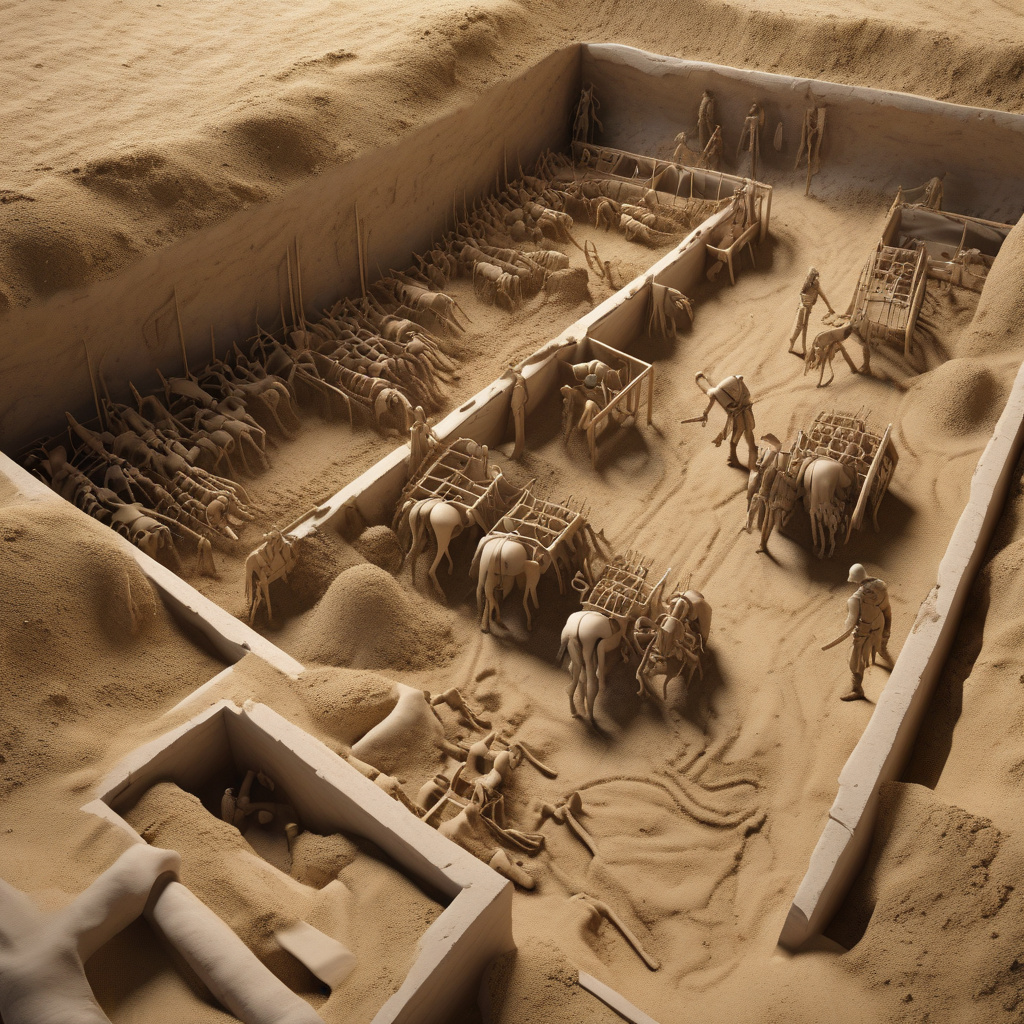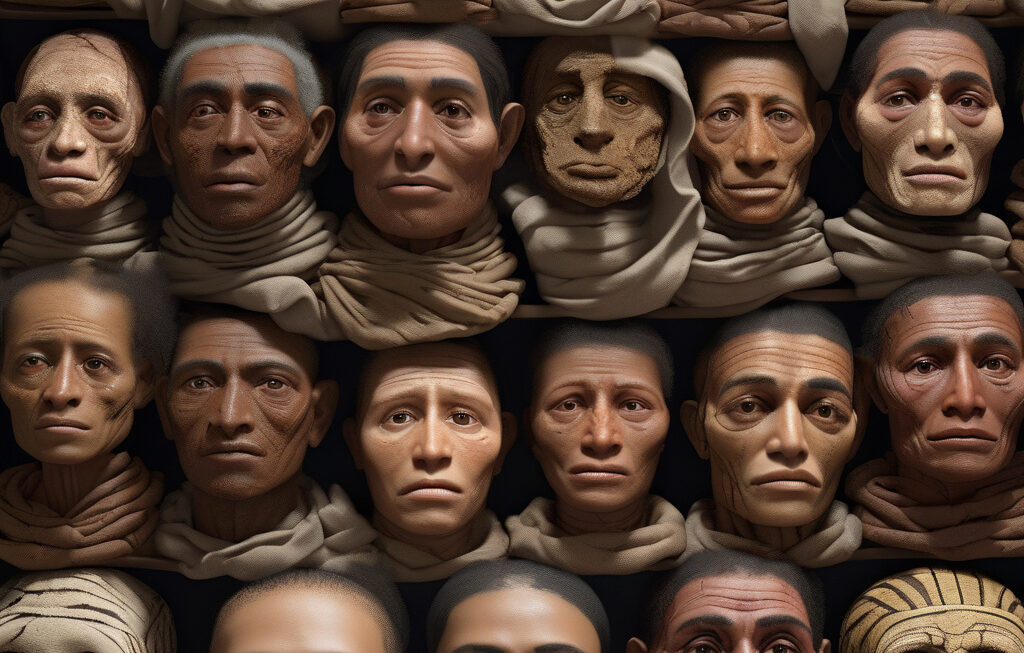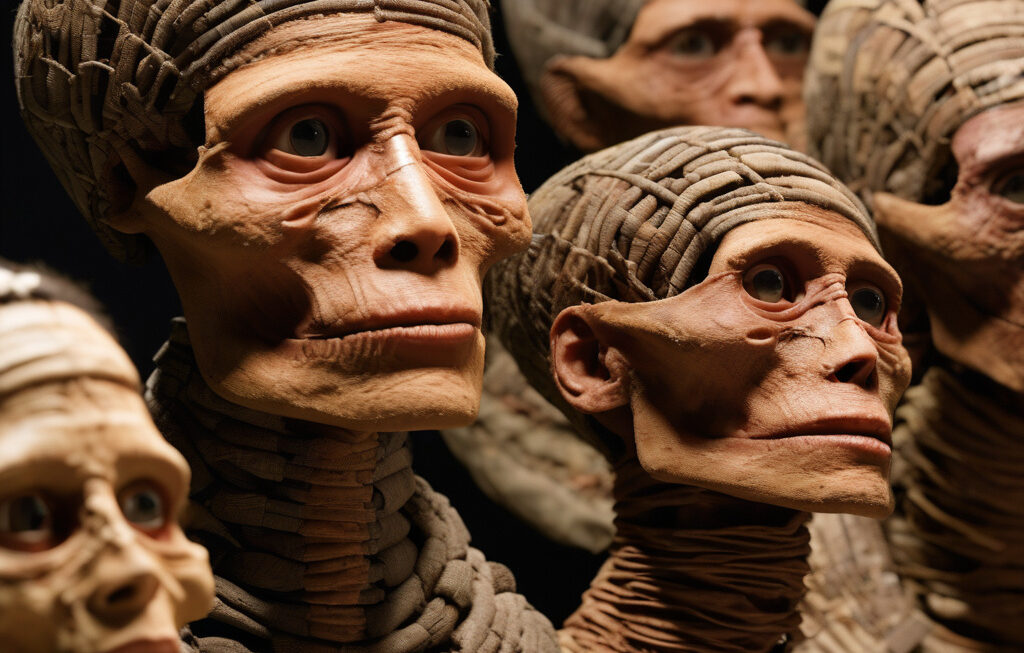100 Roman Military Horse Skeletons Unearthed at Second-Century Site in Germany
Archaeologists have discovered over 100 horse skeletons from Roman times, dating back to the 2nd century, at a significant site in Germany. This remarkable find sheds light on the military practices and cultural significance of horses in ancient Rome.
The excavation took place in the town of Amesdorf, near the city of Magdeburg in eastern Germany. The team of archaeologists unearthed the well-preserved remains of more than 100 horses, along with other artifacts such as weapons, armor, and pottery. These discoveries offer a glimpse into the military activities that took place in the region during the Roman period.
Horses played a crucial role in ancient Roman warfare, serving as mounts for soldiers, pulling chariots, and transporting supplies. The presence of such a large number of horse skeletons at the site indicates the importance of these animals in military operations. The Romans were known for their cavalry units, which were instrumental in conquests and battles across the vast Roman Empire.
The discovery of the horse skeletons also provides valuable insights into Roman funerary practices and beliefs. In ancient Rome, horses were often buried alongside humans as part of funeral rituals. The presence of these well-preserved horse skeletons at the site in Germany suggests that they were carefully interred, possibly as part of a ceremonial burial or sacrifice.
Furthermore, the excavation of weapons and armor alongside the horse skeletons hints at the military nature of the site. The Romans were renowned for their advanced military strategies and equipment, and the artifacts found at the site in Amesdorf are a testament to their military prowess.
This discovery adds to our understanding of the Roman presence in Germany during the 2nd century. The Roman Empire extended its reach far beyond Italy, and archaeological finds like this one highlight the extent of Roman influence in different parts of Europe. The uncovering of these horse skeletons underscores the interconnectedness of ancient civilizations and the lasting impact of Roman culture.
As archaeologists continue to study the remains and artifacts from the site in Germany, more details are expected to emerge about the significance of this discovery. The meticulous analysis of the horse skeletons, weapons, and other objects will provide valuable information about Roman military practices, cultural traditions, and interactions with local populations.
In conclusion, the unearthing of over 100 Roman military horse skeletons at the second-century site in Germany is a remarkable find that offers a fascinating glimpse into the military and cultural history of ancient Rome. This discovery underscores the importance of horses in Roman warfare, as well as the rich archaeological heritage of the region.
#RomanMilitary, #HorseSkeletons, #AncientRome, #Archaeology, #MilitaryHistory












